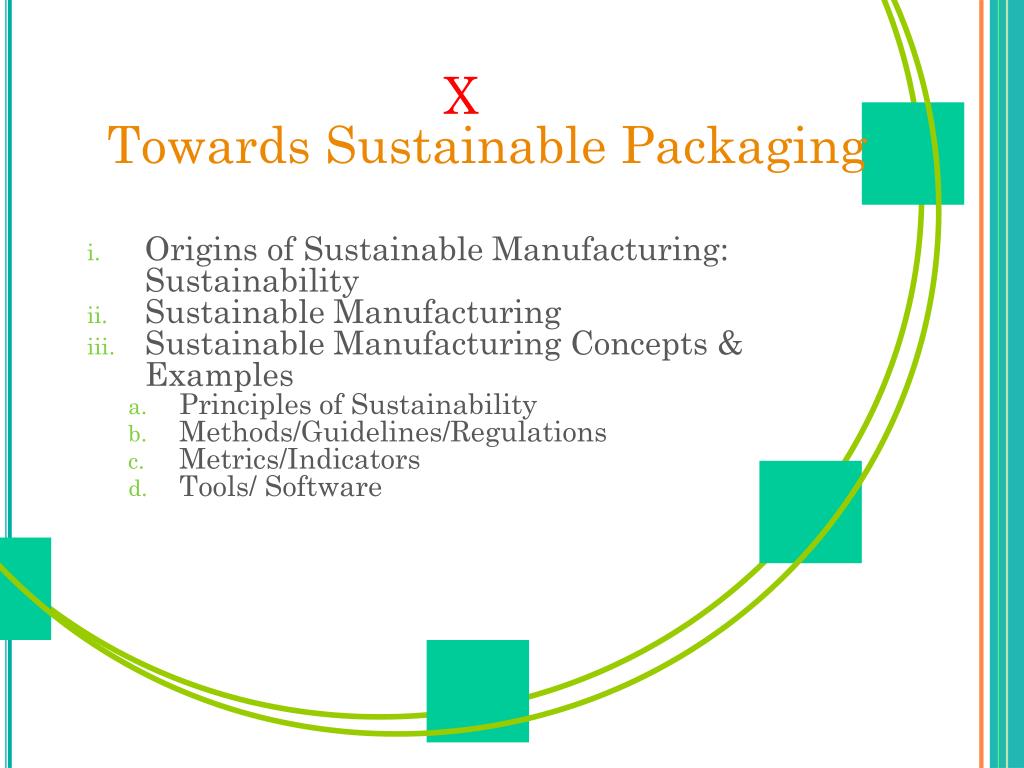Patagonia’s Commitment to Recycled Materials
Patagonia, the outdoor clothing giant, is a shining example of green manufacturing in action. They’ve been pioneers in using recycled materials for years, transforming plastic bottles into fleece jackets and utilizing recycled cotton in their t-shirts. Their commitment goes beyond just sourcing recycled materials; they actively work to reduce their overall environmental impact through initiatives like their Worn Wear program, which encourages repairing and reusing clothing instead of discarding it. This closed-loop system minimizes waste and reduces the need for virgin materials, a truly impactful approach to sustainable manufacturing.
Interface’s Journey to Climate Neutrality
Interface, a global flooring company, has embarked on a remarkable journey towards sustainability. Their mission of “climate neutrality” isn’t just a marketing ploy; it’s a deeply ingrained part of their business strategy. They’ve implemented a range of initiatives, from switching to renewable energy sources to designing products with recycled content and minimizing their carbon footprint throughout the entire lifecycle of their products. Their transparency in reporting their progress and their willingness to share their best practices with other companies have made them a leader in the green manufacturing movement.

Unilever’s Sustainable Living Plan
Unilever, a multinational consumer goods company, has recognized that sustainable practices are vital for long-term success. Their Sustainable Living Plan aims to decouple their growth from their environmental impact. They’ve achieved significant progress in reducing water usage in their manufacturing processes, sourcing sustainable palm oil, and decreasing greenhouse gas emissions. This widespread adoption of green manufacturing practices across their diverse product portfolio demonstrates the scalability of sustainable approaches even within massive corporations.
Adidas’ Partnership for Ocean Plastic
Adidas has tackled the issue of plastic pollution head-on by partnering with Parley for the Oceans to create footwear and apparel using recycled ocean plastic. This innovative approach not only addresses the growing problem of ocean plastic waste but also demonstrates the potential of transforming waste into valuable products. This collaboration showcases how partnerships can accelerate the adoption of green manufacturing and create tangible environmental benefits.
Dell’s Closed-Loop Recycling Program
Dell, a technology giant, has made significant strides in developing a robust closed-loop recycling program. They’ve implemented systems to easily recycle and refurbish their products, reducing the demand for new materials and minimizing electronic waste. Their efforts extend beyond simply collecting and recycling materials; they actively design their products with recyclability in mind, making disassembly and component reuse easier and more efficient. This proactive approach emphasizes the importance of designing for sustainability from the outset.
Toyota’s Commitment to Hybrid and Electric Vehicles
Toyota’s pioneering work in hybrid and electric vehicle technology has significantly reduced the environmental impact of the automotive industry. Their investment in these technologies has driven down emissions and showcased the potential for cleaner transportation solutions. Beyond the vehicles themselves, Toyota has also implemented sustainable manufacturing practices in its factories, reducing energy consumption and waste generation. This holistic approach, encompassing both product design and manufacturing processes, represents a strong commitment to environmentally responsible operations.
Seventh Generation’s Focus on Sustainable Packaging
Seventh Generation, a company focused on household cleaning products, has consistently championed sustainable packaging. Their commitment extends beyond simply using recycled materials; they’re actively working to reduce packaging overall and utilize innovative materials that are both biodegradable and compostable. This dedication highlights the importance of considering the entire lifecycle of a product, from its creation to its disposal, in order to truly minimize its environmental impact.
Herman Miller’s Sustainable Office Furniture
Herman Miller, a leading manufacturer of office furniture, has integrated sustainability into every aspect of their business. From sourcing sustainably harvested wood to utilizing recycled materials and designing products for disassembly and reuse, they’ve consistently demonstrated a dedication to reducing their environmental footprint. Their commitment extends to their supply chain, working with partners who share their values and promoting responsible forestry practices. This whole-company approach makes Herman Miller a model for sustainable manufacturing in the furniture industry. Read more about sustainable manufacturing examples.




